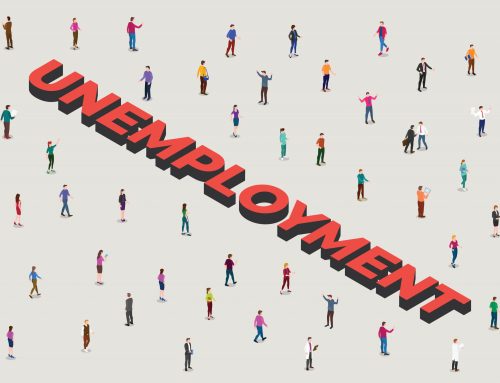January 2, 2023
The dinar, the national currency of Serbia, increased in value versus the euro by 0.2%, according to a news statement from the National Bank of Serbia.
For the first time, NBS’ gross hard currency reserves reached a record high of 18 billion euros, and its hard currency purchases on the FX market outpaced sales by 700 million euros. Meanwhile, the nation’s gold holdings grew by 1.1 tonnes to 38.5 tonnes.
The amount of foreign direct investments exceeded 4.3 billion euros, while the NPL percentage fell to its lowest level ever—3 percent.
According to the NBS, beginning in early 2022, rising food and energy prices on a worldwide scale were the main factors driving inflation. According to NBS, over 70% of Serbia’s overall inflation is imported.
According to the central bank, “the inflation in Serbia was 15.1% in November and is lower than in nations with a similar monetary policy framework.”
“Despite difficulties in the world economy that were unprecedented in recent decades, the Serbian economy grew and developed in 2022 despite the backdrop of numerous interconnected problems.
Thanks to actions taken in complete coordination with the Serbian Government, the NBS also contributed to overcoming obstacles, minimizing the economic effects of the pandemic and the energy crisis, and maintaining economic growth and development. The constructed buffers and accumulated reserves allowed us to respond.
The relative stability of the dinar currency rate was never under danger in 2022, Serbia’s foreign exchange reserves reached a record level, and our banking system remained solid and well capitalized.
The press release quotes NBS Governor Jorgovanka Tabakovic as saying, “Serbia has a strong track record of solid macroeconomic performance, and all the results achieved even in the most challenging conditions are an important pillar of our defence against any shocks going forward, as well as a guarantee of the preservation of our growth prospects.
Source: Serbianmonitor.com
Legal Notice: The information in this article is intended for information purposes only. It is not intended for professional information purposes specific to a person or an institution. Every institution has different requirements because of its own circumstances even though they bear a resemblance to each other. Consequently, it is your interest to consult on an expert before taking a decision based on information stated in this article and putting into practice. Neither Karen Audit nor related person or institutions are not responsible for any damages or losses that might occur in consequence of the use of the information in this article by private or formal, real or legal person and institutions.






